NSFK Breast/Sleeve Insignia (tan version)
CATEGORY: Version
SKU: 54.GOR.03.02.03.001.001
Estimated market value:
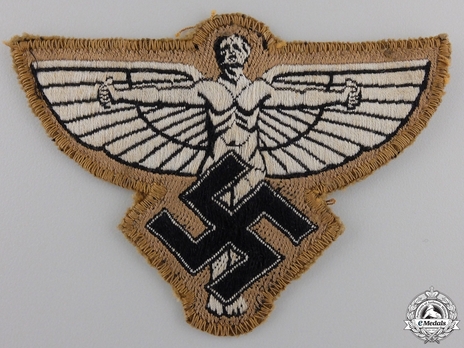
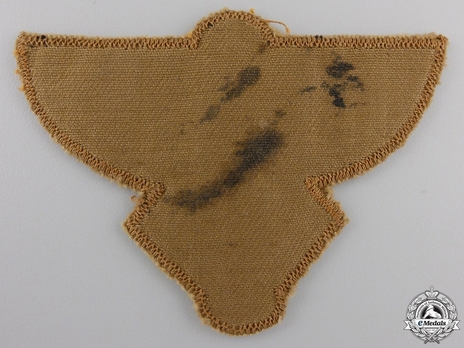
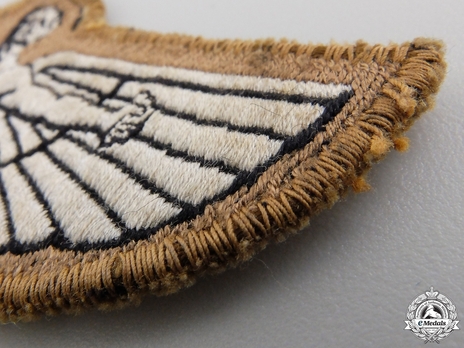
Estimated market value:
Machine embroidered, on wool backing, approximately 82mm wing tip to wing tip, in worn condition.
The NSFK (Nationalsozialistisches Fliegerkorps = National Socialist Flyers Corps) was originally established in January of 1932. However, in March of 1933, the NSFK was, together with all other air sports organisations, absorbed into the newly founded DLV (Deutscher Luftsportverband = German Air Sports Association), an organisation that was used as a means to secretly rebuild the German air force under the guise of a civilian association. After the Luftwaffe was officially unveiled in 1935, the DLV was dissolved in 1937. On April 17, 1937, the NSFK was re-established as a civilian and paramilitary air sports organisation.
The NSFK’s mission was to provide the means for (young) Germans to pursue an interest in flying, and thus to secure new blood for the Luftwaffe. For this reason, the organisation worked closely with the aviation sub-section of the Hitler Youth.
Membership in the NSFK was on a voluntary basis. Members were forbidden from holding simultaneous SA, SS, or NSKK membership.
NSFK aviation training was no substitute for training in the Luftwaffe if a member decided to join the military. Since Luftwaffe planes were motorised without exception, the NSFK was the only organisation to teach its members how to fly gliders and hot air balloons.
The NSFK Breast/Sleeve Insignia is in the form of a standing winged man (Icarus, the flying man from Greek mythology) with a black mobile swastika superimposed over his lower half. It was initially worn above the right breast pocket, partially overlapping it, and measuring approximately 72 to 75mm from wing tip to wing tip. However, at an unknown point during the war, the insignia was moved to the upper right sleeve instead. It was also enlarged, up to a 105mm wingspan.
The insignia was either machine-woven, machine-embroidered, or hand-embroidered, with the latter usually being reserved for Officers. It was attached to a cloth backing in the same colour as the uniform it was meant for, either blue-grey or tan.
A larger version was worn centred on the chest on white sleeveless sports shirts.
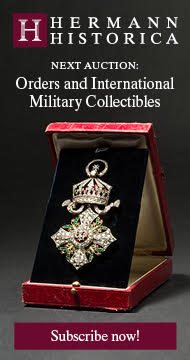
Comments
Sign in to comment and reply.
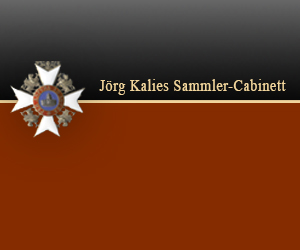
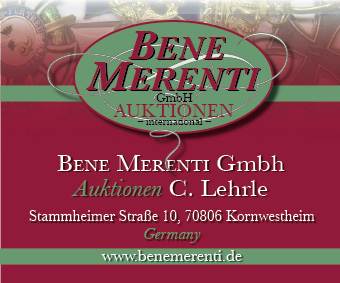
Scroll Top